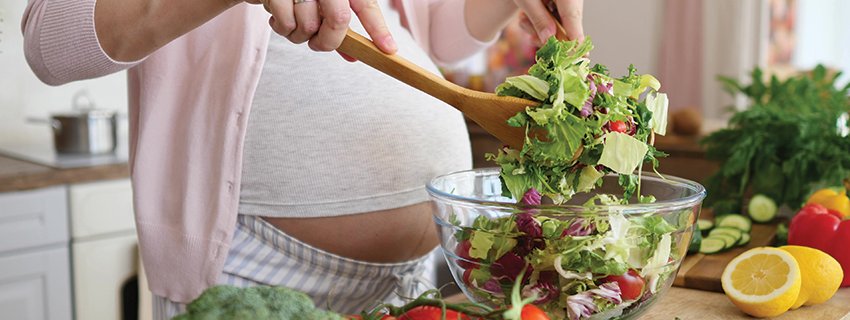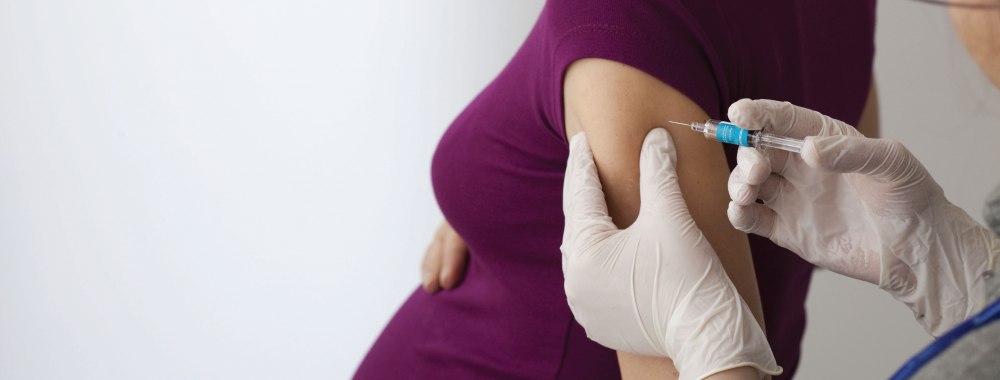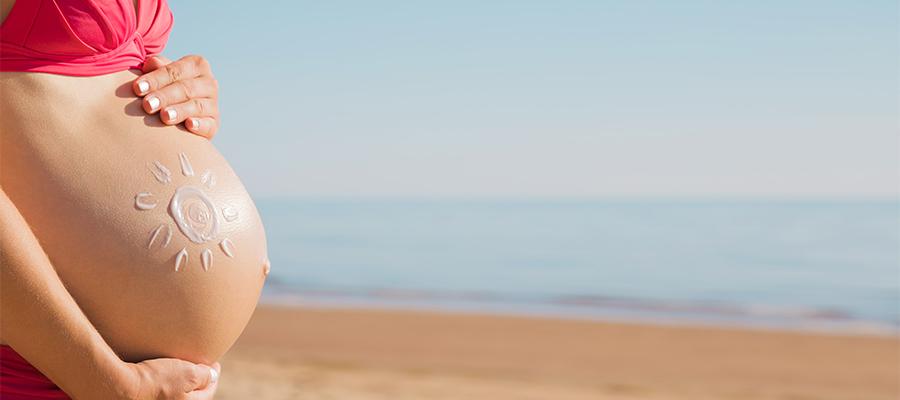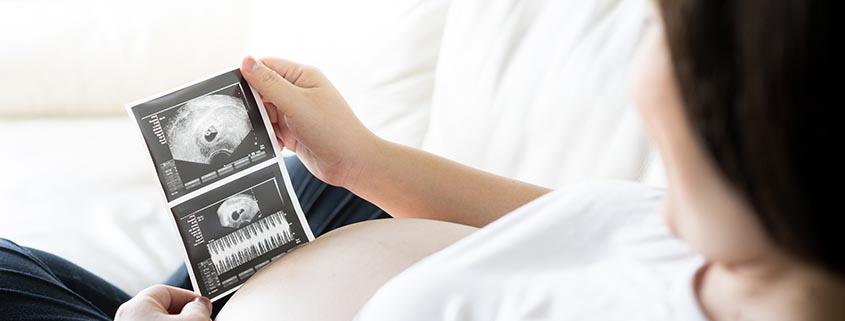It is indeed a memorable moment, when you first see the two pink lines on your Prega News home pregnancy test, isn’t it? This joy and happiness is only doubled when you finally see your doctor and discover that you are expecting not one but two bundles of joy! However, with twin pregnancy comes more nutritional needs! A healthy diet, the right weight and getting the right nutrients – all these can help you enjoy a safe and healthy pregnancy and weight gain. So here’s how to do it!
The Calorie Count
In today’s world nobody is a stranger to the calorie count – that is the number of calories we consume in a day. Depending on your height, weight, age, BMI and other such factors, it is possible to calculate how many calories you need in a day, on an average. If you’re unsure, you can always ask your doctor about your usual calorie count. However, when you’re pregnant you are nurturing another life, and thus need something extra to help develop the baby. This is even more so, when you’re pregnant with twins. Although the calorie count doesn’t increase by an astonishing level, it is still a crucial indicator of how much to eat and significantly contributes to the babies’ growth. After you know your average calorie intake (in normal state), you can use the following chart to understand how many extra calories you need in each trimester.
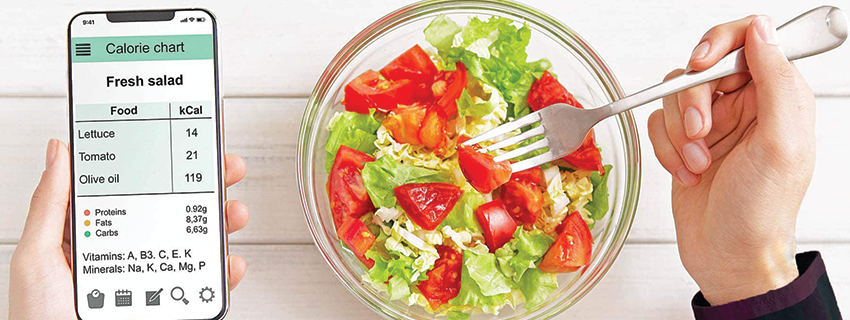
*Source: https://www.thebump.com/a/what-to-eat-pregnant-twins-triplets
Nutritional Doctors
Although the calorie intake is a good measure of how much to eat, the important thing to remember is what to eat during pregnancy. When you’re pregnant, it is important to eat wholesome and nutritious meals that aid the adequate growth of your baby or babies. When you’re pregnant with twins, your diet would be around the same as a single pregnancy, however the amount of each nutrient would be increased to meet the needs of the babies in the womb. As with any pregnancy, it is important to keep a note of foods to avoid during pregnancy.
Another good rule of thumb would be to eat when you’re hungry and stop when you feel full. It is advisable to include fresh fruits, vegetables and whole foods in your diet and cut back on processed and fast food, which have little or no nutritional value. As twin pregnancies often cause more nausea and sickness, you can try eating several small meals throughout the day instead of 3-4 big meals. When it comes to broader food groups, try to get 20% of calories from protein, 50% from carbs (except white carbs) and 30% from healthy fats. Among nutrients, zinc, folic acid, magnesium, calcium, iron and vitamins are some of the things you should be looking at while researching pregnancy foods. Here’s a list of foods that you can eat during twin pregnancy to get the best out of your diet:
- Protein: Try including properly cooked eggs, lean meats like chicken and turkey, tofu and other sources of protein like yoghurt, cheese etc.
- Calcium: All dairy products like milk, yoghurt, cheese are good sources of calcium.
- Carbs: Opt for whole wheat and whole foods in rice, pasta and other forms of carbs. You can also have moderate amounts of starchy vegetables like potatoes to fill up on carbohydrates.
- Vitamins and minerals: All leafy greens and fresh fruits and vegetables have ample amounts of vitamins and minerals and should be a part of your pregnancy diet.
- Iron: A measured helping of seafood, red meat or nuts can help you get ample iron during pregnancy. You can also consult your dietician to understand what is safe for you.
- Beverages: Drink plenty of water, fresh fruit juices and other nutritional beverages to stay hydrated during pregnancy.
- Supplements: Your doctor will recommend pregnancy supplements like vitamins etc. to ensure that you and your babies get all the essential nutrients for growth.
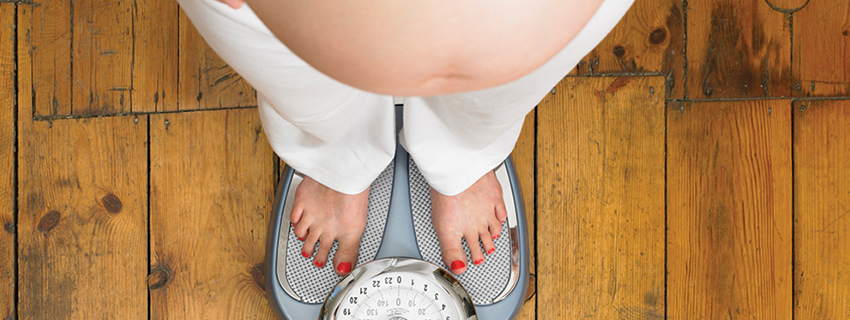
The Kind of Weight You Should Gain
Weight gain is a natural part of pregnancy and your weight gain will determine the growth and development of your baby. Thus it is important to eat right and gain the right amount of weight, to have an uncomplicated birth and a healthy baby. Gaining too little or too much weight can be detrimental to both you and your baby, so it’s a good idea to keep an eye on those scales. Here’s a quick chart to help you understand how much weight should be gained during pregnancy with twins:
*Source: https://www.cdc.gov/reproductivehealth/maternalinfanthealth/pregnancy-weight-gain.htm
This weight is calculated based on your existing weight, height and age which can help calculate your BMI.
FAQ
Should I eat more when I expect multiple pregnancies?
Rather than eating more, it is important to focus on eating right during multiple pregnancies. While you do need extra calories during pregnancy, the right diet and food groups can help you accommodate these needs in your lifestyle with ease. Apart from extra calories, focus on getting all the essential nutrients like iron, calcium, protein, fats, vitamins etc. that help in the babies’ growth. You can also consult your doctor to check if you need supplements during the pregnancy or also on the quantity of food to be consumed.
If I struggle to eat, will the babies get the right nutrients?
As with any pregnancy, the nausea and sickness can be a cause of concern during twin pregnancy too, even more so. If you’re having trouble eating, you can try several small meals during the day instead of big meals. There are also herbal teas and foods that can help prevent nausea. If the nausea persists or is too much, consult your doctor for an adequate diet or supplements.
Should I follow any specific diet if I am pregnant with twins or triplets?
When pregnant with twins, ensure that you get adequate calories during each day. As with any pregnancy, it is important to eat the right foods like fresh fruits and vegetables, whole foods etc. to get the right nutrients. Your doctor can give you a detailed diet based on your conditions and lifestyle and also recommend supplements, if needed. Focus on eating right and gaining the right weight to ensure a healthy pregnancy and birth.
























